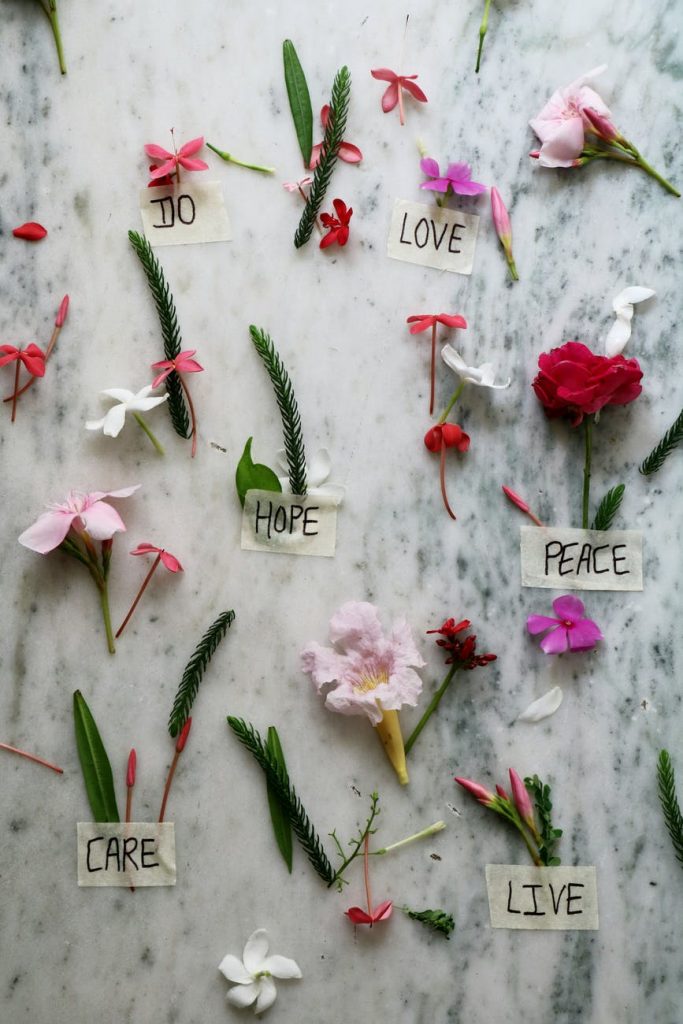
01543 676 800
Group work
We are proud to offer a range of groups here at Pathway Project.
Click the drop-down boxes below to learn more about each of our groups available.
Group leader: Lynn Laughton
The Reaching Out group is one of Pathway’s longest-running groups (previously called Self Help). It was developed by our founder Kathy Coe MBE, and over the years we have adapted it in line with changes to current guidelines.
But the fundamentals remain – supporting each other!
Each session has a theme:
Session 1 asks “What am I doing here?” A good question! This session is about allowing us to build relationships within the group and to feel comfortable in our surroundings. This is the session where we introduce ourselves to each other and set our boundaries for the group. People come from many different backgrounds, not everyone will share the same opinions etc. By setting our boundaries, we are all having a say in what is acceptable and what isn’t. It also allows people to explore the reason they have decided to join the group. It isn’t easy to walk through the door that first day, but hopefully you soon start to feel you have made the right choice. Understandably, it is a difficult subject, but along the way, you do find humour, which we all need.
Sessions 2 and 3 looks at what the abuse has done to you and why people choose to be abusive. This is based on some information we provide in our workbooks, but most of it comes from you. There is nothing more powerful than a group of women with something to say! Your individual stories will help someone else to understand a little more of their own situations. Being given the chance to talk to someone who may just understand how they feel can be a very powerful tool. There will also be times when you identify with each other and your experiences will have similarities however we acknowledge that your experience is individual to you.
Session 4 looks at why it is so difficult to leave. How many times have you heard someone say “just leave”, or “take the kids and go” Where to? How? Why should I leave? Living with abuse isn’t easy, people say things with well-meaning intentions but they’re not you. They don’t have to think about where you are going to live and how are you going to survive. Then guilt sets in! This session answers some of these questions but raises others!
Session 5 looks at how we can prevent ourselves from getting into the same situation in the future. The truth is none of us can see into the future, we don’t know what’s going to happen but with a little bit of knowledge, we can plan our futures in a safer way. At this point in the course, you will have discussed what you would do differently in the future, you will have an understanding of domestic abuse, you will have an understanding of triggers, you’re rights and the support that is available to you. By this point, you will also hopefully be feeling stronger and more confident to make informed decisions.
Session 6 is all about you. Where do you go from here? What do you want for your future? For a lot of people living with abuse, the decision-making was taken away from them and it can be quite challenging to accept that you have the right to make choices! This session is about looking forward, having your support networks around you, and above all staying safe.
The programme runs over 6 weeks, with each session being 2 hours long, and is run on the same day each week so there is consistency and enables people with children to make arrangements for their children to be safely looked after.
The group is currently run by me, Lynn. I have been part of Pathway for nearly 20 years as a support worker and manager, both in refuge and outreach. Also facilitating the group is Sarah; she has been with Pathway for a number of years in a volunteer capacity and has also been instrumental in making changes to the pack to keep it current. Between us, we hope to offer a good, safe and supportive environment for our service users.
Please note, this group is run for female-only attendees, however, if you are a male survivor and would like to see something similar run for males, we would love to hear from you. Give us your thoughts and ideas and help us to make it happen.
Group leader: Ann Finucane
The JSD programme is usually towards the end of the cycle of group work. The earlier groups concentrate on recognising domestic abuse and building Mental Health which is part of the rehabilitation programme in the Pathway following domestic abuse.
JSD is a six-week exploration of self-discovery in making new self-insights/awareness. This enables the individual to look at self-honouring their needs, building a self-care plan and understanding self-compassion and its uses in rebuilding the self.
It works at the core of change and empowers us to make authentic decisions and choices going forward. Over the week new realisations emerge bringing knowledge and confidence to look at life differently. It empowers us to shred the victim mentality finding a renewed way of being present in our life.
One of the struggles in life after domestic abuse is learning to trust our own judgements, as we are living in the shadow of maybe what we perceive as our mistakes. A natural permission to trust our gut instinct evolves in this work. This group helps you to find self-trust again which enables you to make choices that are true to your needs.
We identify the roles anxiety and depression have in our lives. We learn that not one size fits all, and just how personal our journeys are in these debilitating states. There is tremendous insight made into the unravelling of people’s different experiences. There is often a palliative relief in the group in distinguishing between anxiety and depression. Learning that anxiety can be managed brings hope and confidence to face the future differently.
In more of the work, we take a deep look at how the mind works and learn how we can change our realities by changing old thinking patterns that do not serve us well. We talk about reframing our thoughts which will ultimately affect our behaviours, realities, and outcomes.
This group encourages self-reflection, in a safe and honourable setting. It is a shared experience with the real power of being heard from the inside out.
The Journey of Self-Discovery is a program specifically written in the search for meaning in suffering with a motivation to heal.
Group leader: Abbie
The well-being workshop is a 6-week program that focuses on mental health. The group is purposely kept to low numbers to make sure that it isn’t too overwhelming for those attending.
Everyone attending the group will have their own experience of abuse and mental health, which you are welcome to share with the others in the group but there won’t be any expectation of this if you don’t want to.
Each session runs for 2 hours, the group is very informal and friendly and there is always time for a cup of tea and a biscuit. The group uses many different activities to understand mental health and discover coping strategies.
The focus of this group is:
> To gain an understanding of your own mental health
> To learn new coping strategies
> To be able to openly talk about your mental Health
> To understand healthy eating and how this affects your mental health
> To understand the different types of domestic abuse and how these affect your mental health
> To know what other support is out there/ signpost to other groups
This group helps you to understand that mental health is something that we all have and there is nothing to be ashamed or embarrassed about. Some of us will have more struggles than others, but talking about this and getting support can really help, as well as mixing with others that have been through similar experiences and facing the same challenges.
Here at the Pathway Project, you will be met with a welcoming non-judgemental safe place to help you with your very own unique and personal journey to recovery.
Group leader: April & Tracy
Crafternoon is a small, fun group of crafters who bring and share crafts, fun, ideas and skills. We meet on the last Monday of each month from 12:00 pm to 14:30 pm.
Craft group currently takes place at the Hope Centre and we always welcome any past or present service user of any skill level who wants to craft with us. You may want to learn a new craft or share the ones you already know for future groups.
We occasionally have people demonstrate new crafts for us all to learn.
There’s cake and coffee/tea and lots of friendly faces awaiting you.
Group leaders: Tracy & Lynn
Do you recognise the red flags in someone’s relationship? Are you worried a family member is in an abusive relationship? Are you unsure about what to do next? Come along to our family support group.
Watching someone you love experience domestic abuse can be awful but you don’t need to go through it alone. Reach out to us today.
Contact Tracy at tracyr@pathway-project.co.uk
More information coming soon.


 DONATE
DONATE